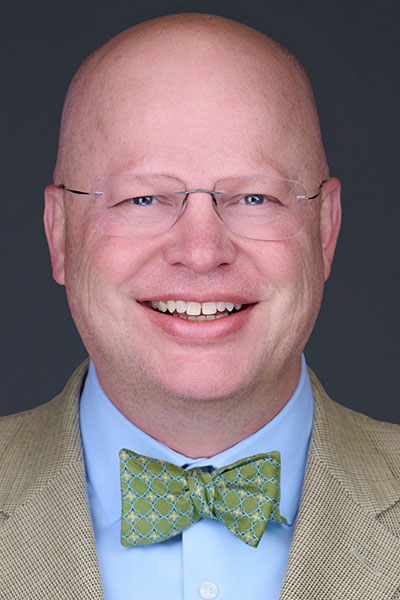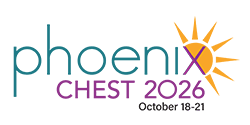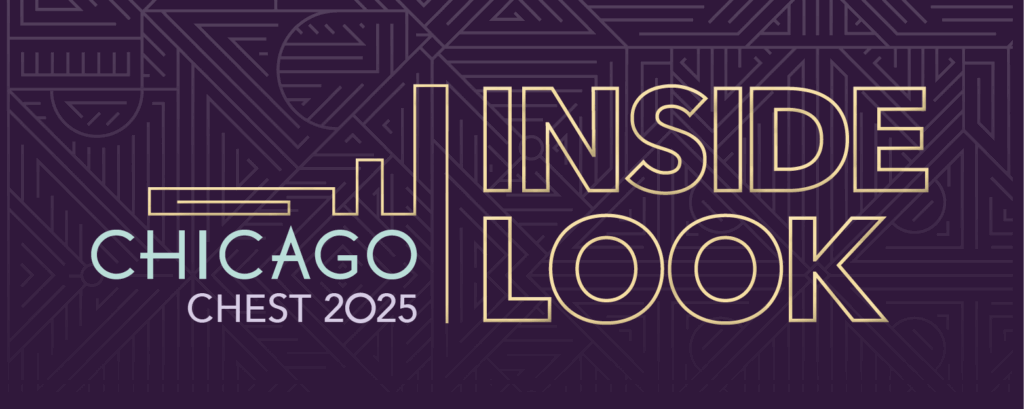
Simulation courses at CHEST 2025 will give attendees the chance to experience the pressure that real-world conditions present while expert instructors provide guidance and feedback. That “intensive, up close, and personal” environment is key to the learning experience, said Otis B. Rickman, DO, FCCP, Chair of the CHEST Live Learning Subcommittee.
“It’s the act of someone doing a procedure and having an expert faculty member help perfect their technique, over and over again,” he said. “It’s like practicing free throws in basketball; the more you do it, the better you’re going to get at it.”
More than 35 simulation courses will be available during approximately 60 time slots throughout the annual meeting. Attendees can add these ticketed events during meeting registration or by modifying existing registrations.
The courses’ student-to-faculty ratio of 3-to-1 or 4-to-1 guarantees personalized instruction and support for challenging conditions, said Dr. Rickman, Professor of Medicine at the University of Tennessee Health Sciences Center and Director of Interventional Pulmonology at Ascension Saint Thomas Chest & Lung Center.
“It’s a safe environment. Nobody is at risk. No patients are going to die from the procedure,” he said. “But we let students go to the point of being a little bit uncomfortable, because if you are completely comfortable, then you are not growing.”
Cadaver-based courses
For the first time in years, cadaver-based learning simulation sessions will be part of the program. Advanced Skills in Ultrasound-Guided Pleural Procedures and Advanced Skills in Airway Management will both take place as premeeting courses on Saturday, October 18.
Dr. Rickman said meeting organizers believed the educational benefits of cadaver-based training were worth the immense logistical steps required to ensure an ethical, respectful, safe, and medically sound environment for working with cadavers outside of a laboratory or medical education facility.
“Historically, the cadaver-based courses have had the best feedback because of their applicability to real situations,” he said. “In these courses, students are working with real human tissue and real human anatomy—and so they take away much more from this.”
Preparation for real life
The simulation activities held during the meeting itself, October 19 to 22, will include several popular courses that use gamification approaches to simulate real-life pressure and urgency.
Escape Room: Intubate This Patient—and Fast! will be a competitive, team-based skill challenge where participants race against the clock and draw on a variety of specialties and techniques. The Bronchoscopy Grand Slam: Critical Skills and Complication Management Techniques will simulate a medical team commencing a typical bronchoscopy, only to encounter any of several complications. “Basically, it’s a bad day in the bronch room,” Dr. Rickman said.
As is the case with all CHEST simulation courses, that “bad day” training will include and repeat intensive, personalized instruction to review critical challenges and build up students’ knowledge and confidence to prepare them to face such emergencies in real life.
Dr. Rickman said his decade-plus of teaching at CHEST annual meetings and at CHEST headquarters has allowed him to gauge how students at all stages in their careers benefit from simulation courses.
He also urged members to consider joining as instructors to experience the collaborative cross-pollination in planning, developing, and teaching the material.
“If you are an early career educator and you want to become better, then I’d say: ‘Go for it!’” Dr. Rickman said. “Or, maybe you are like I was at mid-career when I thought I was really good—but then found out quickly that there are some really great educators out there. Seeing the styles of other educators and how they reach a learner has been very meaningful to me and improved my ability to teach. All of us are always learning.”

Call for Topics Is Open
Feeling inspired by all the great sessions in Chicago? Help shape the curriculum for CHEST 2026, October 18 to 21 in Phoenix, by submitting topic ideas from areas you’re passionate about, topics affecting your practice, or new technologies you’d like to learn more about. The submission deadline is Tuesday, December 2, at 2 pm CT.


